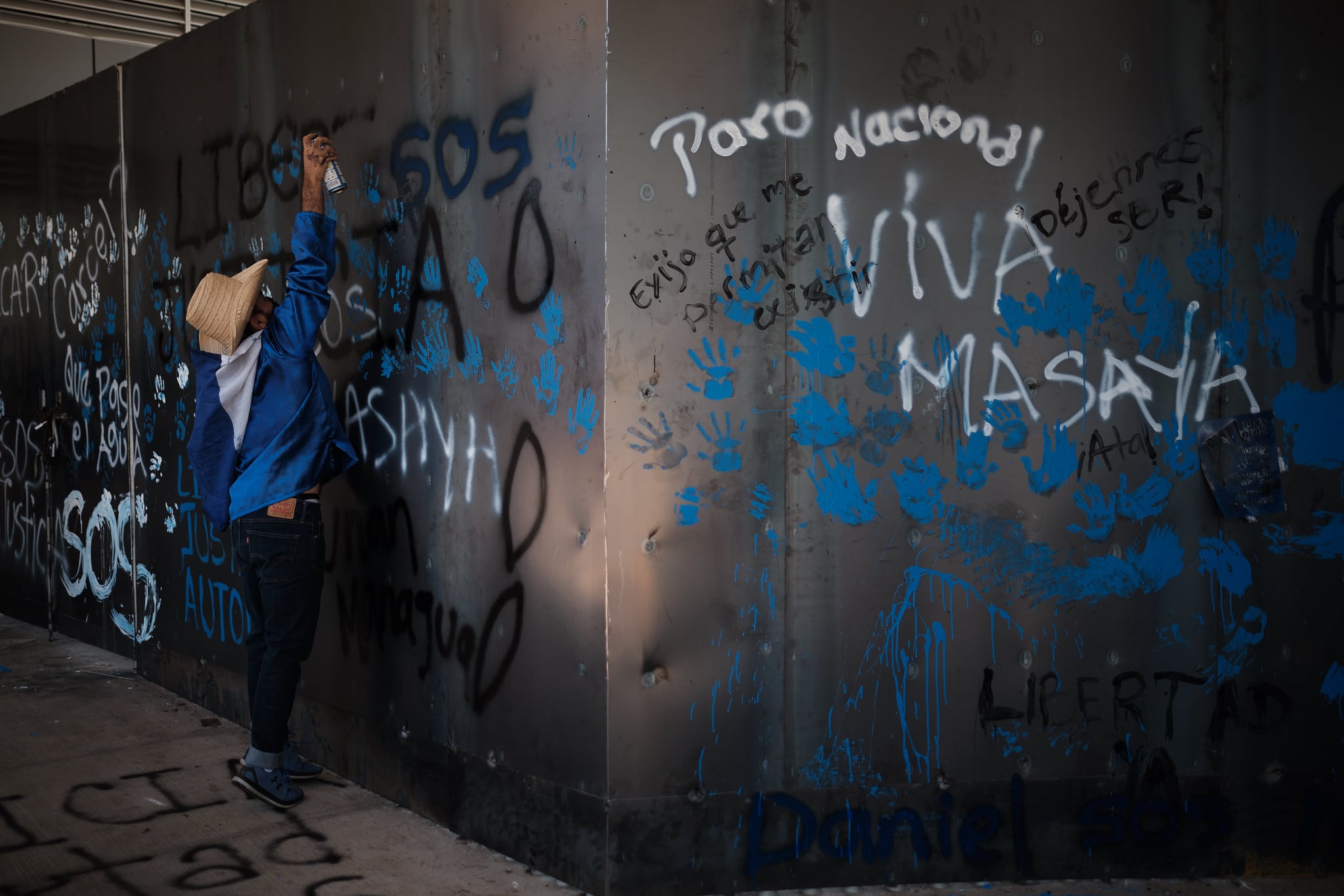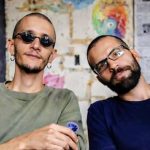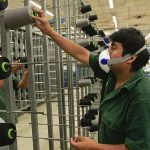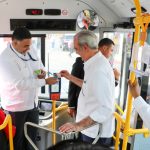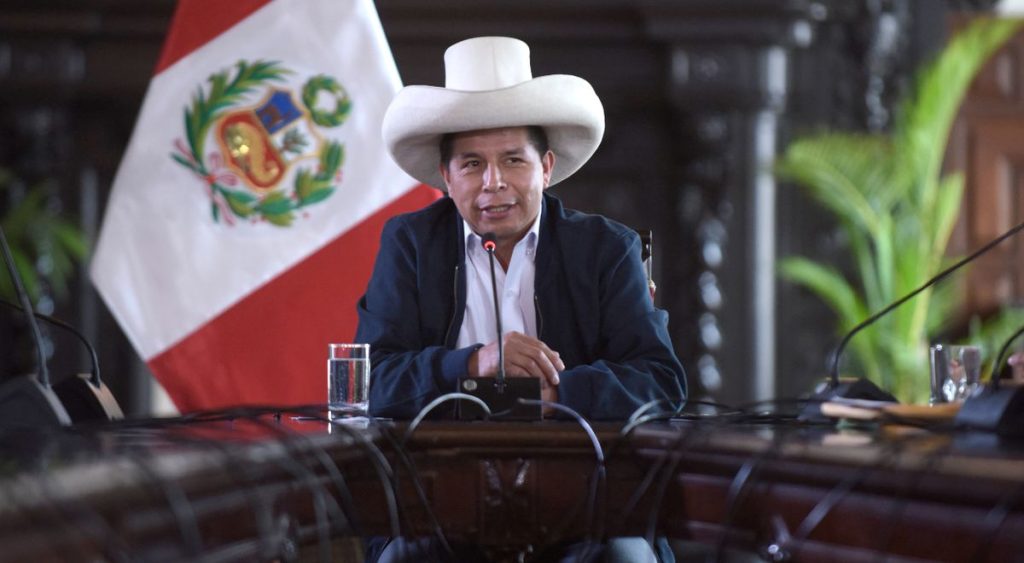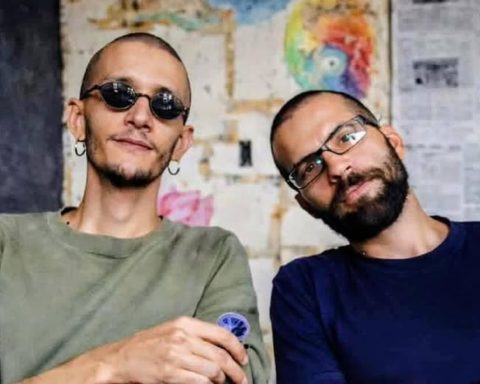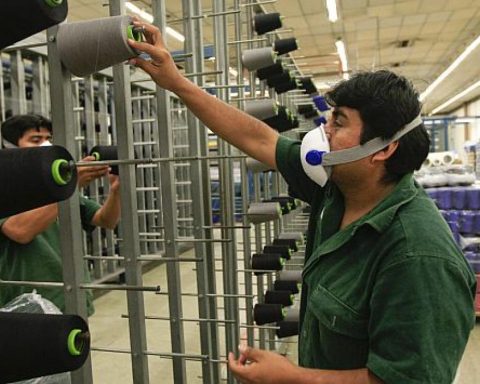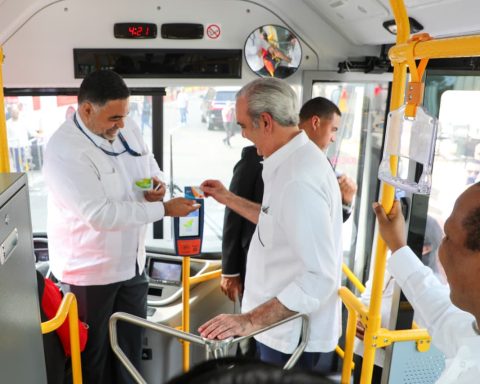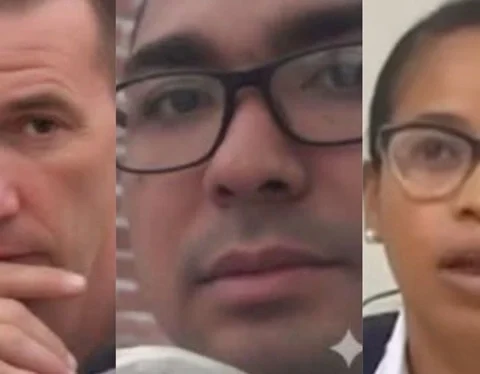Nicaraguans would be willing to lose economic guarantees, in order to recover civil liberties and confidence in the electoral system that guarantees alternation in power as the basis of democracy, reveal the most recent results of the study of the Barometer of the Americas, which is presented every two years to measure the pulse of democracy in the Latin American continent.
Nicaragua’s result breaks with the trends that are marked in the rest of the Central American region, where the study warns of a growing tolerance to the excessive concentration of power, the loss of confidence in electoral processes as a symptom of a healthy democracy and corruption seen as a resource to ensure that social functioning mechanisms operate in favor of citizens, mainly those linked to the Government. A trend in which Nicaragua also continued for several years.
In Costa Rica (65%), Guatemala (55%), El Salvador (53%) and Honduras (53%), the majority of those consulted said they prefer economic guarantees over a healthy democracy, that is, guaranteeing access to basic services and better economic services to the detriment of their citizen rights and civil liberties. While in Nicaragua this result was only 45%, reveals the Latin American Public Opinion Project –LAPOP for its acronym in English–, which was presented this Tuesday by Vanderbilt University.
The change of opinion in a Nicaragua that tolerated for years
The Nicaraguan context has been aggravated by the degree of repression of civil liberties by the Ortega regime, which is seen as particularly violent and dangerous, explained José Miguel Cruz. This has resulted in a rather shocking contrast for Nicaraguan society, after the times of certain social and economic stability during the first years of Ortega.
“At the beginning of the Ortega government, Nicaraguan society itself, partly due to the support of aid from Venezuela and the government’s agreement with businessmen, classified Nicaragua as one of the best democracies in the region. This despite the fact that since those years, Ortega was already attacking democratic institutions and benefiting from the programs financed by Venezuela, ”Cruz analyzed.
“Nicaragua is an example of these changes in society. If I remember correctly, in Nicaragua there was a tendency to value their income and access to services more than other things. Now, in the latest poll, it’s happening the other way around. People are valuing their freedom of expression, their civil liberties, free elections, more than their basic income. This is because many Nicaraguans have realized the importance of having a healthy alternation in power, “he added.
The Barometer of the Americas It is released every two years and the consultations made in Nicaragua were carried out as of June 2021, when the Ortega regime had already unleashed the new repressive wave that led to more than 40 new political prisoners, among them, seven presidential candidates.
Precisely, the voting process of November 7 is seen by the analysts of this study as another step towards the consolidation of the authoritarian regime of Ortega and Murillo. In contrast to the elections in Honduras, which is seen by specialists as a sign of the faith that the citizens of that country still have in the elections as a system for the change of powers in a peaceful and democratic way.
“In countries with high levels of inequality and poverty, any alteration in the social balance is a risk for those in power. This has resulted in an increase in authoritarianism. Therefore, the Nicaraguan government’s effort is focused on closing the spaces and my concern is that this could also happen in El Salvador, ”Cruz said.
The importance of having the freedom to speak out
Carolina Jiménez Sandoval, president of the Washington Office on Latin America (WOLA), explained that “we must rescue the importance that citizens give to having the freedom to raise their voices. There is a need for citizens to want to express themselves without censorship, to channel demands, to make a presence, which is even more important than a better basic salary. It is a reason to think about the possibility of a change in those fragile democratic systems. This is something that cannot be underestimated, because in this way great political and social changes can begin ”.
The analysis of the Barometer of the Americas establishes that the country, trapped by the repression of the regime of Daniel Ortega and Rosario Murillo, together with the authoritarian drift that El Salvador is leading by the hand of Nayib Bukele, represent the most worrying government systems in the Central American region.
The study was presented by Elizabeth Zechmeister, director of LAPOP LAB at Vanderbilt University and was analyzed by Carolina Jiménez Sandoval, president of the Washington Office on Latin America (WOLA), and José Miguel Cruz, research director of the Kimberly Green Latin American and Caribbean Center (LACC) of Florida International University (FIU). There was also the former president of Costa Rica, Luis Guillermo Solís.
